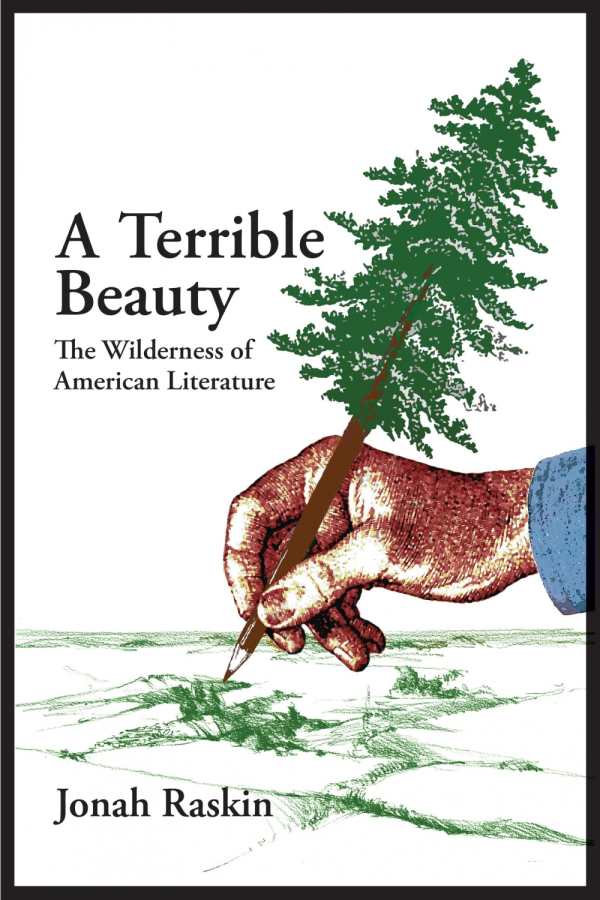A Terrible Beauty
The Wilderness of American Literature
Over the centuries, Americans have held conflicted feelings toward North America’s vast, treacherous, majestic wilderness, headed up by the cocksure, heavily-armed desire to subjugate—level the forests, eradicate the indigenous population, hunt the wildlife down to near or complete extinction. Ironically, this attitude was often accompanied by a sense of admiration— pride, even—of the continent’s natural beauty. Even so, the tame and the wild, the idea that a civilized Christian United States might comfortably coexist with great pockets of wilderness was not something most early Americans could wrap their brains around. That is, until the likes of Thoreau, Melville, and Whitman started exploring the American psyche.
In A Terrible Beauty, Jonah Ruskin performs the hugely important authorial service of providing readers with a discerning, erudite look at “the terrible beauty—the sacredness of the North American continent and the destruction of it—through the eyes of our poets, essayists, and novelists. American writers are nearly all wilderness writers. … In the pages of The Scarlet Letter, Moby Dick, Leaves of Grass, Walden, and elsewhere, we see ourselves and recognize ourselves as killers and as lovers, lovers who kill and killers who love.”
Ruskin analyzes more than thirty writers. His commentary, the contextual insight he brings, his word skills, all amount to a work of the highest pedigree. Intended as an introduction to American literature, A Terrible Beauty might better be seen as an explanation of American literature.
Reviewed by
Matt Sutherland
Disclosure: This article is not an endorsement, but a review. The publisher of this book provided free copies of the book to have their book reviewed by a professional reviewer. No fee was paid by the publisher for this review. Foreword Reviews only recommends books that we love. Foreword Magazine, Inc. is disclosing this in accordance with the Federal Trade Commission’s 16 CFR, Part 255.

